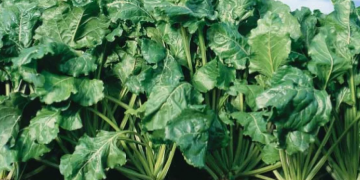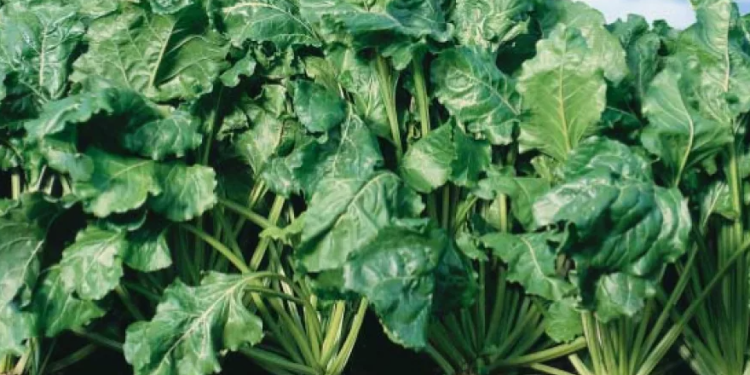#Sugarsupply #UKagriculture #sugarprices #NFUSugar #sugarmarket #agriculturaltrade #sugardeficit #farmingstrategies
Sugar Supplies in the UK: A Cause for Concern
As we step into 2023, the sugar industry in the United Kingdom finds itself in a state of unprecedented challenge. The latest insights from NFU Sugar, as presented by Commercial and Market Insight Manager Arthur Marshall, paint a worrisome picture of sugar supplies in the country. According to the data, sugar stocks in the UK are well below normal levels, sending shockwaves throughout the agricultural community.
One glaring consequence of this supply shortage is the remarkable increase in sugar prices, not just in the UK but also across the European Union (EU). Average EU white sugar prices have reached astonishing heights, hitting €817 per ton in June 2023. This surge is primarily attributed to pre-campaign price agreements and the exceptional demand for sugar, underscoring the extraordinary price levels prevailing in the market.
Intriguingly, the NFU has reported that sugar sales agreements for 2023/24 in the UK are rumored to be around €1,000 per ton, indicating the severity of the situation. Furthermore, sugar procurement for the current campaign is proving to be a daunting task. Despite the challenges, the homegrown sugar production for 2022/23 has fallen by approximately 350,000 tons compared to the previous year.
The stark contrast arises in the realm of sugar imports for refining. Despite the drop in domestic production, imports of raw sugar for refining are on track to be only around 80,000 tons higher based on the rate of imports over the first eight months of the campaign. This trend points to a significant shift in trade policies, as no raw sugar for refining has been imported from ACP/LDC origins with duty-free and tariff-free access, suggesting a displacement of traditional suppliers by world market raw sugar.
The Imminent Sugar Shortage
The data presented in the graph below reveals a concerning trend in the estimated supplies of sugar in the UK from 2017 to 2023, with the current trajectory indicating a potential shortage of approximately 200,000 tons compared to the previous year.
Understanding Price Dynamics
The rise in white sugar prices in the UK is in tandem with reported EU average prices. However, it’s essential to note that the average value of raw sugar imports has seen a far less significant increase, even after accounting for CXL duties. This suggests that substantial refining margins are being realized on imported raw sugar.
To gain more insights into the current market situation, NFU Sugar Board appointee and seasoned sugar trader Paul Harper offers his perspective. With over four decades of experience in commodities and the sugar industry, Harper’s insights are invaluable.
Paul Harper’s Perspective
Paul Harper observes that while the raw sugar market has been relatively stable, the white sugar market has seen steady demand, leading to a rise in the white sugar premium. This premium briefly surged to $170 per ton over raw sugar before easing back. Additionally, the beet price on the futures linked contract also experienced fluctuations, reaching towards the £60 per ton level before retracing slightly.
Estimates for global supply and demand in 2023/24 are already signaling a deficit of around 1 million tons, and with limited expectations of a supply increase, the market is likely to respond with higher prices. Brazil remains a critical player in global sugar supply, with India and Thailand anticipated to have reduced sugar available for export. High white sugar premiums may lead to increased demand for raw sugar from standalone refineries, potentially driving up raw sugar prices.
Harper notes that the current strength of the dollar has influenced some long liquidation from investment funds, which could lead to short-term price declines. However, lower prices are expected to stimulate deferred demand, placing a limit on the downside.
At the time of writing, the beet price on the futures linked contract hovers just above £56 per ton.
The tight sugar supplies in the UK present a multifaceted challenge for those involved in agriculture. The combination of low domestic production, shifting trade policies, and increasing prices requires careful consideration and strategic planning from farmers, agronomists, agricultural engineers, and farm owners.
As the world watches the sugar market with bated breath, the lessons learned from this situation will undoubtedly shape the future of the sugar industry. Whether it be diversifying sources of supply or implementing innovative farming practices, the agricultural community must adapt to these changing dynamics to thrive in the face of adversity.































